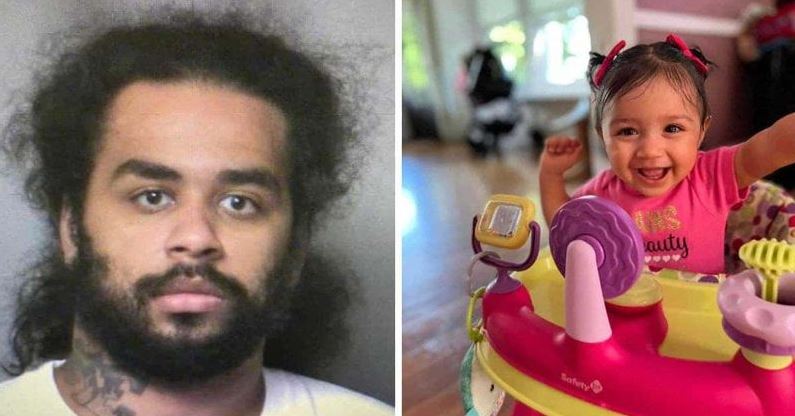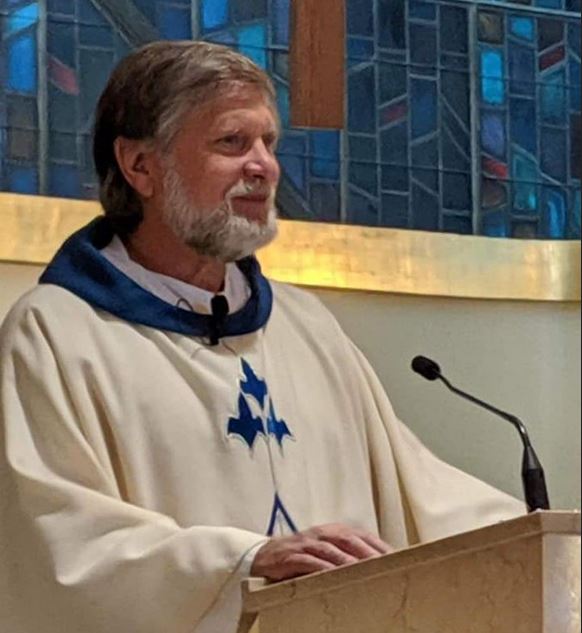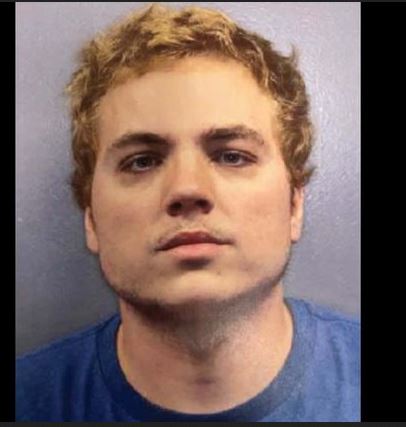Advertisement
Daouda Diallo Wiki – Daouda Diallo Biography
A rights group in Burkina Faso has charged that groups of volunteer militiamen supporting the army have killed dozens of Fulani civilians, including children, in the west of the troubled country. Daouda Diallo
Volunteer militia groups supporting Burkina Faso’s army have killed dozens of ethnic Fulani civilians, including children, in the west of the troubled country, a local human rights group said on Tuesday.
Army supporters killed nearly 30 civilians last week in the city of Nouna, a predominantly Fulani and Muslim community, according to Daouda Diallo, executive secretary of the civic group Collective Against Impunity and Stigmatization of Communities.
Advertisement
Daouda Diallo Age
The age of Daouda Diallo is 39 years.
Also Read
Who was Dylan Reeves? Wiki, Bio, Age, Family, Shot and killed on New Year’s Eve
Advertisement
Daouda Diallo Burkina Faso Rights Group Alleges 28 Dead in Ethnic Killings
The Fulani people of Burkina Faso have been increasingly targeted by local military and defense militias because they are suspected of supporting extremist Islamist rebels in the West African country who have been inflicting violence on the country for years
and healthy members of the community, resulting in the loss of many human lives,” Diallo said. The killings in Nouna were revenge attacks by volunteer fighters after jihadists attacked their headquarters, he said.
The Burkina Faso government said it had launched an investigation into the killings of at least 28 people. In a statement Monday, the Armel Sama Burkina Faso prosecutor called on the population to remain calm during the investigation and said the government would arrest the perpetrators who carried out acts of “unprecedented gravity.”
Advertisement
Extremist groups linked to al-Qaeda and the Islamic State group have killed thousands and displaced nearly 2 million people in Burkina Faso over the past seven years. Lack of confidence in the government’s ability to stop extremist violence led to two coups in Burkina Faso last year.
Violence against the Fulani people has increased since the country’s new junta leader, Captain Ibrahim Traore, took power in September, human rights groups allege. Between October and January, Diallo’s group documented nearly 250 cases of extrajudicial killings compared with 95 in the previous four months, Diallo said.
There were more initiatives for dialogue between communities and jihadists under the rule of the former junta leader, Colonel Paul Henri Sandaogo Damiba, which could have resulted in fewer killings, he said.
Advertisement
In an attempt to curb jihadist violence, the government has recruited tens of thousands of civilian volunteers to fight alongside the army. Both groups have been accused by human rights groups of committing atrocities against civilians. Many members of the Fulani community say they are as afraid of jihadists as they are of volunteer militias.
The Burkina Faso government did not immediately respond to questions about the alleged abuses. In his New Year’s address to the nation, Traore thanked the volunteer fighters for their patriotism.
But across Burkina Faso, residents report that volunteers are rounding up civilians and killing them.
Advertisement
In December, seven volunteers abducted a father and his son from his store in the town of Kongoussi, in the North Central region, Yacouba Diallo, a resident who said he witnessed the kidnapping, told The Associated Press by phone. The men were found dead in the woods two days later, the father shot twice in the body and the son killed with a knife, Diallo said.
As jihadist violence increases, analysts of the conflict warn that these killings will increase.
“I think we are currently seeing a grim turn in the crisis in Burkina Faso, as there has clearly been an increase in extrajudicial killings in recent weeks and the events in Nouna are the culmination of this trend,” said Heni Nsaibia, lead researcher. . in the Event Data Project and Location of Armed Conflicts.
Advertisement
“There is an imminent risk of more mass atrocities in the near future, possibly committed by any of the parties involved in the conflict,” she said.Read More…..


